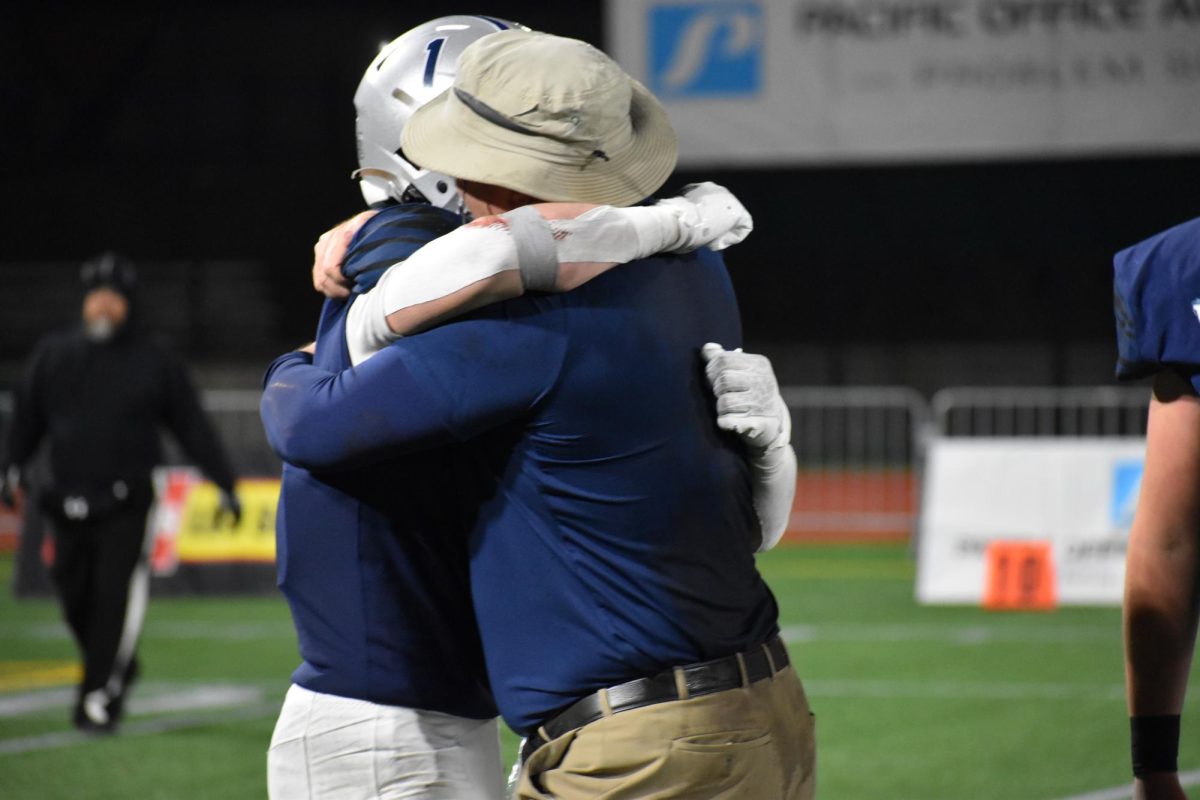Almost every kid, at one point or another, has played a sport in their life. Many begin their journey at a young age, with little to no athletic bones in their body and no clue how the game is played. This puts all the attention on the coaches.
These mentors are in charge of helping their team, teaching them how to play the game, and building them up. Many kids grew up with their mom or dad as a coach when the philosophy was “just go out and have fun!” This creates an enjoyable environment where kids want to get outside, hang out with their friends, and have fun.
As the little ones transition into middle school and high school, many teenagers begin to narrow down their athletics. Usually, there are always one or two sports that are favored over the others, a game that they find joy in playing, and a game they want to continue to pursue.
The occurrences of parent coaches begin to fizzle out, and more specialized coaches enter the mix. This advent brings about more intensive practices, outside work, and a more competitive environment. This is where you begin to see a rapid decline in participation. Is it not fun anymore? Too time-consuming? A coaching style?
Every coach has a style that they stick by and believe is best for their athletes. One coach may focus on criticism and what their players need to get better at, and another coach may only mention what their players did well. It varies from coach to coach, and methodologies can depend on what environment the coaches themselves work best in and possibly how they were once coached.
Just like coaches, athletes have certain coaching styles that they thrive best under. Some enjoy a more positive and uplifting environment, whereas others thrive better in a more critical and intense environment.
“I thrive best with a coach that is constructive yet positive and is always finding ways for me to improve the little things,” said University of Montana Track and Field signee, Avery Devincenzi.
“I perform best with a coach that breaks down the movements and understands the little things. It is best when they know you as a person and not just as an athlete,” said George Fox softball signee, Grace Wilson.
Encountering a coaching style that doesn’t match what one desires can have drastic consequences for athletes. The game that you once loved more than anything can quickly become the thing you dread going to if you encounter a tough coaching situation. Athletes can easily lose their love for the sport, and this is when the numbers can start dropping, athlete by athlete.
While it is tough, there are ways to help. Sometimes a simple sit-down chat with the coach can help air out thoughts and worries that are floating around, or even practicing the game by yourself or with your friends to get that fun aspect back.
“I would first have a conversation with the coach and explain what’s not working and see if anything improves,” said Devincenzi. Wilson agreed, adding that “talking to a mentor figure and getting their advice on the topic to see if anything improves or see if there needs to be more communication between the coach and athlete,” can lead to a more positive playing environment.
Coaches can build confidence, persistence, and grit and share information from experiences that their athletes haven’t had yet. Athletes rely heavily on their coaches and take in every word that they say with importance. Almost every athlete can recall at least one coach who had a tremendous impact on them, not just athletically but mentally. Coaches serve as role models, somebody to look up to, and somebody who wants the best for you.
No two coaches are the same. It is tough to create an environment that suits everyone when each player thrives in a certain environment.
There are always going to be differences between athletes; the progression will never be linear, and the skills will vary, but a philosophy where there is always the possibility to get better should always be carried by athletes and coaches.
Coaches can shape a person’s life, create core memories, and teach players not only about sports but about themselves and applicable life lessons.
In the end, it’s a compromise. Athletes should pursue a coaching style that they flourish best under, and coaches should practice a style that is best for their athletes.





